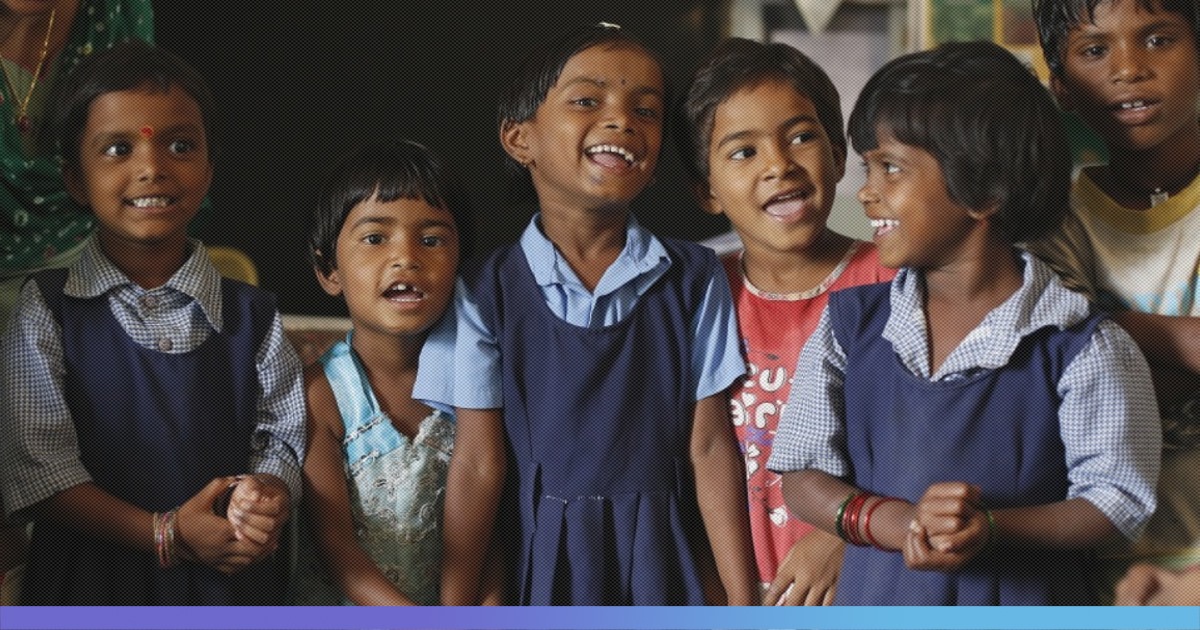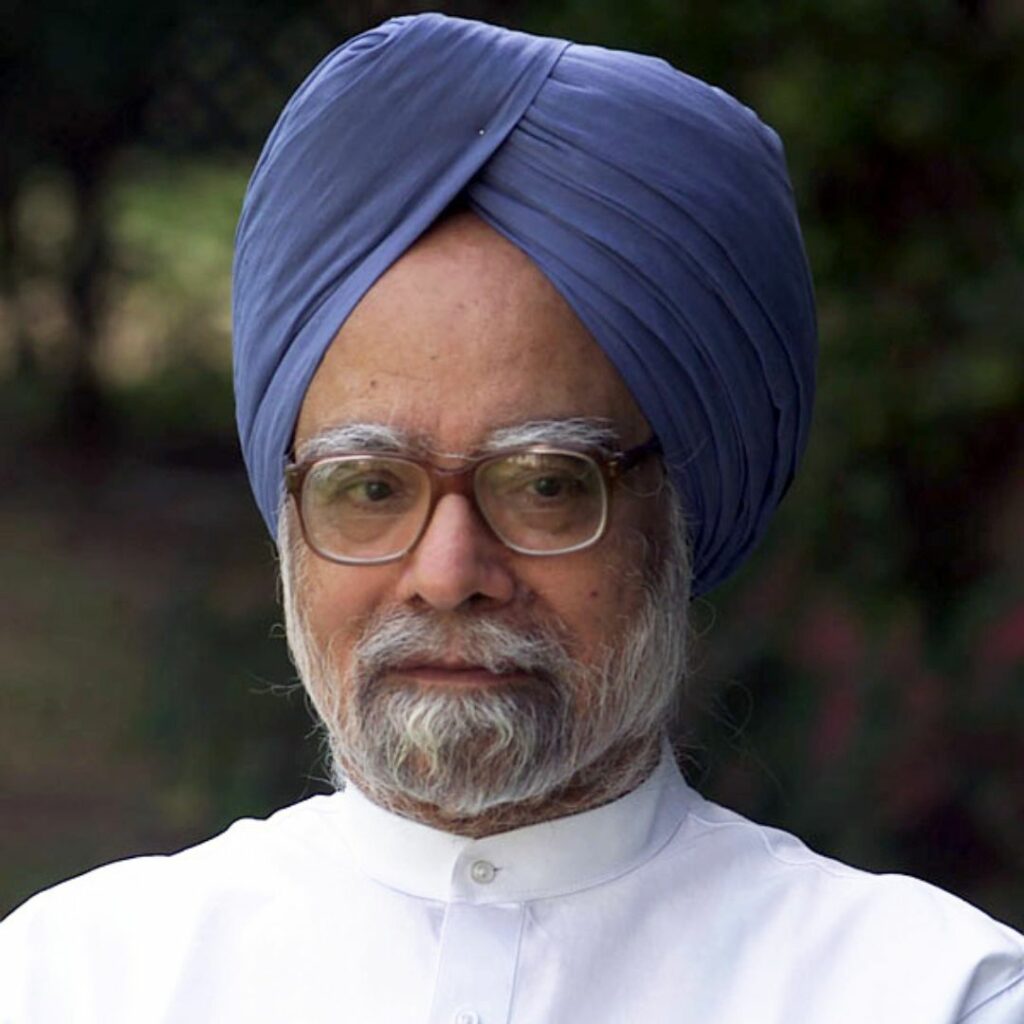Around 17 per cent children in Anganwadis and 3 per cent in Municipal Corporation schools in Mumbai are underweight in 2018-2019 revealed an RTI reply on Tuesday.
The Right to Information query was filed by Praja Foundation, a non-partisan organisation working towards enabling accountable governance.
According to the report, the total underweight students in Anganwadis has come down from 17.7 per cent in 2017-2018 to 17 per cent in 2018-2019. In the case of Municipal Schools, the figure had come down from 5 per cent in 2017-2018 to 3 per cent in 2018-2019. Of this, 1 per cent of students were severely underweight.
However, the report raised concerns over the inconsistency in the methods followed by Municipal Corporation of Greater Mumbai (MCGM) for the calculation of nutrition indicators. The report attributed the fall in the number of underweight students to the change in methodology.
“BMC follows body mass index to measure undernutrition which has led to lower rates. The World Health Organisation mandates weight for age to calculate undernutrition,” Jennifer Spencer, project coordinator at Praja, told The Indian Express. In addition, no health check-up is carried out for junior and senior kindergarten students of Municipal Schools.
Meanwhile, the report has praised the identification of overweight children in Municipal Schools. According to the report, in 2018-2019, 1,421 students were found to be overweight.
Although the government schools have to provide nutritious afternoon meals to the students as per the central government’s mid-day meal programme, a large number of children are still afflicted with nutrition-related deficiencies. In the Municipal schools, in 2018-19, 2,212 students had a Vitamin A deficiency, while 1,652 had Vitamin B, C, and D deficiency. Such deficiencies are primarily caused due to nutritional deficiencies in the diet, added the report. Also, of the 3,106 cases of anaemia detected, 70 per cent were among girls.
“The Municipal Commissioner of MCGM in the 2018-19 Budget speech had announced an additional budget of Rs 25 crores for providing a nutritious supplement to MCGM students along with their mid-day meal. Of the Rs 25 crores that were allocated to provide chickpeas and peanuts to all students (from Jr. Kg. to 10th standard) in MCGM schools, no amount was spent in 2018-19,” said Nitai Mehta, Founder Trustee of Praja Foundation, in the report.
Recommendations By Foundation
The report suggested that there is a need for awareness about the importance of a balanced diet for children, regular exercises, and the symptoms of malnutrition. The children should also be educated about various healthy eating habits.
“If the school starts providing a balanced diet to children, only then will the children demand that diet in their home too. It is the responsibility of the education and health ministry to educate the children about the importance of a balanced diet,” said Yogesh Mishra, head of research and data at Praja, to The Hindu.
The report also recommended mandatory health check-ups of students in government and private schools. Regular checks and monitoring are also mandatory to ensure proper implementation of mid-day meals and student lunches. When ailments, diseases, and malnutrition are detected in students, there should be regular monitoring and follow-ups of those children, it added.
Also Read: ‘Malnutrition Is The Reason For 68 Per Cent Deaths Among Children Under 5’











